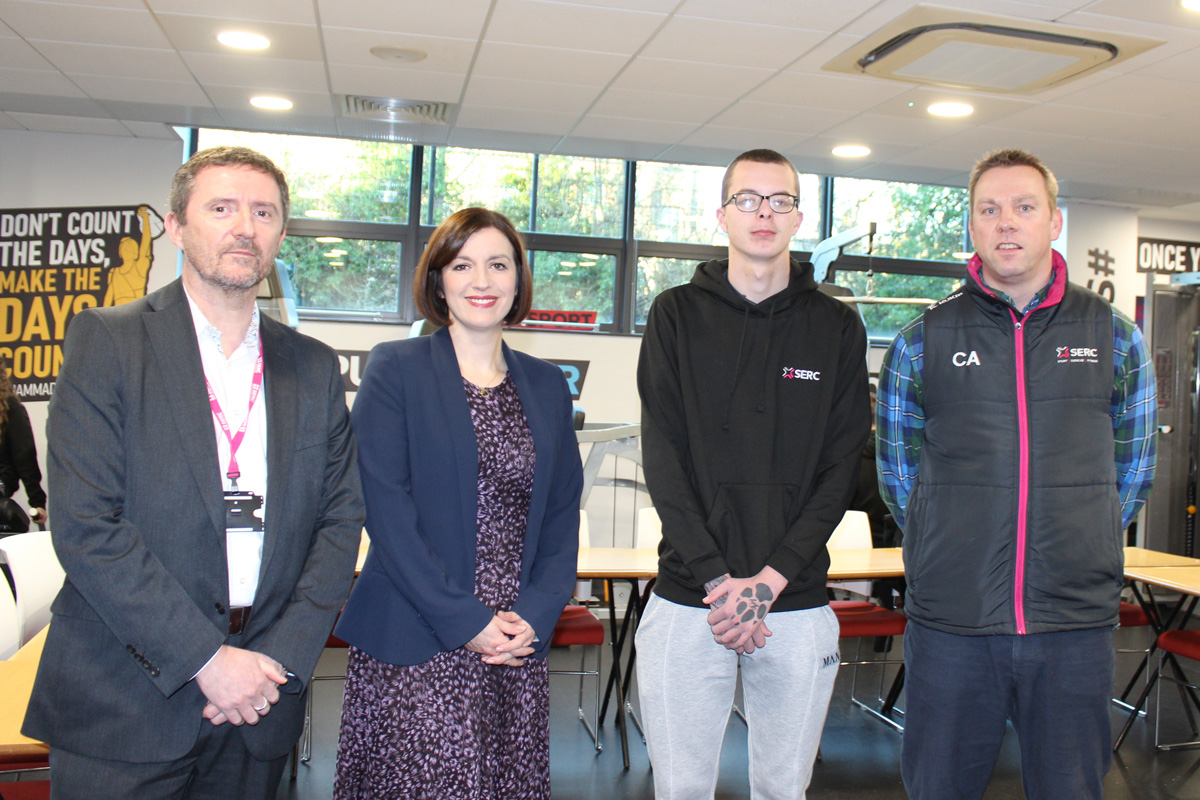Positive psychology helps family mental health post pandemic

A free online guide to equip families with ways to enhance their wellbeing through simple and scientifically effective positive actions has been launched by Psychologists at the University of Chester, in collaboration with colleagues from the University of Bolton and the Open University.
Using the principles of positive psychology through practical and bite-size modules, the new resource, Bounce back: How positive psychology can give a post-pandemic boost to your family’s wellbeing is particularly useful for parents and carers interested in learning new ways to support their own and their children’s mental health and happiness. There are also suggestions for how families can boost their wellbeing together.
By encouraging conversations and learning new coping strategies, the free programme will also benefit anyone who is interested in finding out more about the practical ways to use positive psychology to improve their mental health, especially as society learns more about the impact of the pandemic.
Positive psychology is the scientific study of strengths and virtues that enable individuals, communities and organisations to thrive. The course addresses positive approaches to the past, such as character strengths and gratitude; approaches to the present, through savouring and kindness, as well, as the areas of hope and meaning which can be used to unlock personal potential. During each theme participants are invited to try out practical techniques and activities to boost their own and their family’s wellbeing.
The course is free and can be studied without enrolling or participants can earn a digital badge on completion if they create an Open University account.
Dr Michelle Tytherleigh, Senior Lecturer in Psychology at the University of Chester, said:
“The beauty of this programme is that families can just dip in and out of it as time and interest, allows. There are also links and suggestions to further resources and activities they can use, ranging from wellbeing movies that families can watch together, to activities such as how to create a happiness jar. We have tried to include something that can appeal to everyone.
“I give a video introduction to each section to explain the science behind the learning, and have pitched this in such a way that participants don’t need any previous knowledge of psychology. The sessions are very interactive and we believe that if families work together on these exercises then positive benefits will be created for everyone involved. We hope that this resource can also be used by schools and charities as well.”
The academics who developed this programme are part of a collaborative research team from across the three universities called the Hummingbird Research Group. The idea for the Bounce Back programme also builds on current research the group are doing looking at the impact of positive psychological interventions on the wellbeing of primary and secondary school children in schools.
The research team also includes Dr Kevin Hochard, University of Chester; Professor Jerome Carson, Dr Chathurika Kannangara and Ian Platt from the School of Education and Psychology at the University of Bolton and Claudine McFaul from the Faculty of Arts and Social Science at the Open University.
The team is pleased that, with funding from the universities of Chester and Bolton, and the technical and advisory support from colleagues at the Open University, that this programme can be made available to use for free. They also really hope that those who use it to share this opportunity with others too.











Responses